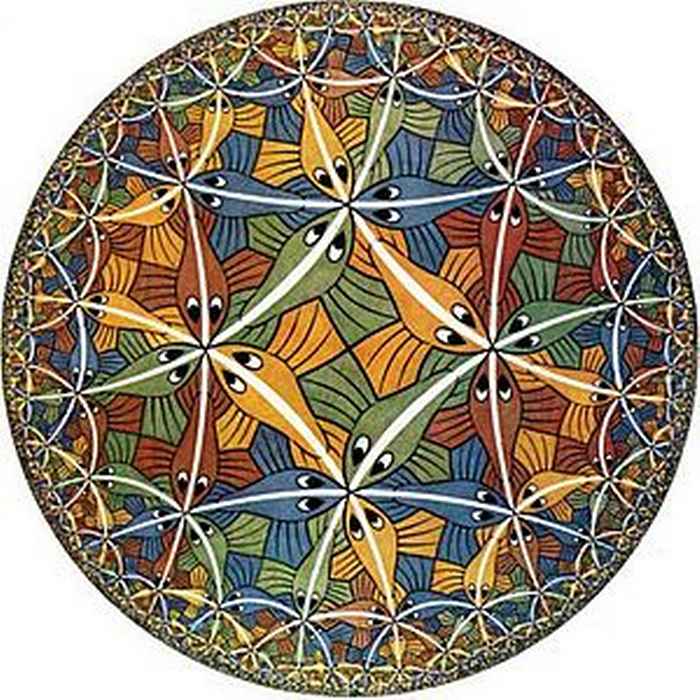Holography: triangle meeting
- Date
- 19 April 2024
- Time
- 13:30 -17:00

Programme
13h30: Tea & Coffee
14h00: Speaker 1: Shota Komatsu (CERN), “Gravity from quantum mechanics of finite matrices"
15h15: Coffee break
15h45: Speaker 2: Sangmin Choi (U. Amsterdam), “Asymptotic symmetries and logarithmic soft theorems”
17h00: Borrel (drinks and snacks): Cafe Minnaert
Abstracts
Shota Komatsu
Title: Gravity from quantum mechanics of finite matrices
Abstract: We revisit the Berenstein-Maldacena-Nastase (BMN) conjecture relating M-theory on a PP-wave background and Matrix Quantum Mechanics (MQM). In particular, we discuss the PP-wave version of "another conjecture" for Matrix Theory by Susskind, relating BMN MQM at finite N to DLCQ of M-theory on a PP-wave. We study the model at strong coupling and find that the spectrum matches that of supergravity. Our derivation is based on the strong coupling expansion of the wavefunction and supersedes the naive path integral approach that can lead to incorrect results, as we demonstrate in a simple toy model. We end with mentioning open questions and future directions.
Sangmin Choi
Title: Asymptotic symmetries and logarithmic soft theorems
Abstract: In the last few years, a remarkable link has been established between the soft theorems and asymptotic symmetries of quantum field theories: soft theorems are Ward identities of the asymptotic symmetry generators. In particular, the tree-level subleading soft theorems are the Ward identities of the subleading asymptotic symmetries of the theory, for instance divergent gauge transformation in QED and superrotation in gravity. However, it is known that the subleading soft theorems receive quantum corrections with logarithmic dependence on the soft photon/graviton energy. It is therefore natural to ask how the quantum effects affect the classical (tree-level) symmetry interpretation. In this talk, we explore this question in the context of scalar QED and perturbative gravity. We show that the logarithmic soft theorems are the Ward identities of subleading asymptotic symmetries that arise from relaxed boundary conditions which take long-range interactions into account.
About
This event is part of a regular series of meetings sponsored by Delta ITP with the objective of bringing together the theoretical physics communities in Amsterdam, Leiden, Utrecht and our sister nodes Groningen, Brussels (ULB and VUB) and Leuven. The topic of this meeting is holography and its applications to different physical systems. We encourage researchers from different areas in theoretical physics to participate!
Organisers
Diego Hofman Uv Amsterdam
Umut Gursoy Utrecht Un.
Koenraad Schalm Leiden Un.